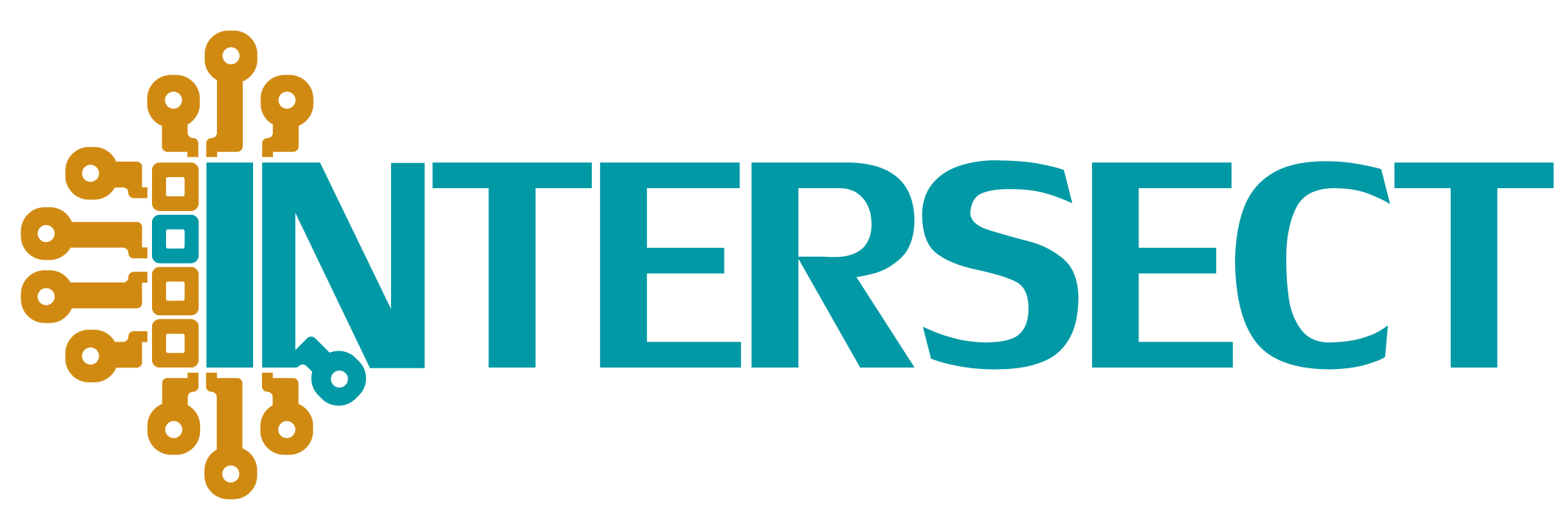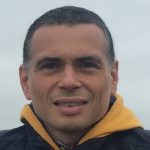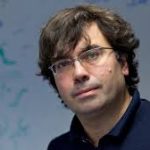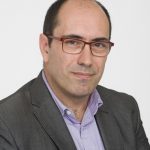People
Dr. Arrigo Calzolari (Project Coordinator, PhD in physics), is permanent researcher at CNR Nano center in Modena; adjunct research professor at Physics Dept., University of North Texas (Denton TX, USA); lecturer of general physics at University of Modena and Reggio Emilia; and member of the AFLOW consortium for material Materials Genomics (Duraham NC USA). Calzolari coordinates the research group “ab initio materials simulations for optoelectronics and energy – AMUSE”, which operates in the field of condensed-matter and solid-state physics, performing ab initio simulations at the DFT level and beyond. Current research activity focuses on (i) the ab initio study of the structural, optoelectronic, vibrational, and transport properties of materials, nanostructures, and interfaces for nanotechnology applications (including metal oxides and chalcogenides); (ii) the development and the implementation of original methods for the evaluation of the electronic (AFLOWpy project) and transport (WanT project) properties in nanostructures. AC is author of more than 100 scientific papers published in international peer-reviewed journals and book chapters (h-index 29 source ISI, web of science June 2018). He coordinated and participated to national and EU scientific and HPC projects.
| CNR Nano Team | |||
|
| ||
|
| ||
|
| ||
|
| ||
|
|
Prof. Nicola Marzari (PI) holds the Chair of Theory and Simulation of Materials at EPFL, where he is also the director of the Swiss National Centre for Competence in Research on Computational Design and Discovery of Novel Materials (NCCR MARVEL). He is also the newly elected (Dec 2017) Chairman of Psi- k. Previous tenured appointments include the first University (“Statutory”) Chair of Materials Modelling at the University of Oxford (UK), and the Toyota Chair for Materials Engineering at the Massachusetts Institute of Technology (Cambridge, MA). His research is dedicated to the development and application of quantum simulations to characterise or predict materials’ properties directly from firstprinciples, to screen or design new materials and devices with high-throughput calculations, and to connect microscopic and atomistic structure to macroscopic performance. Prof. Marzari is the author ∼ 200 scientific publications in international and peer-reviewed scientific journals (∼28500 citations, h-index = 54; source: Google Scholar, Jun 2018), and has given more than 500 invited or plenary talks, including 23 invited talks at the annual meetings of the MRS, APS, ACS, and DPG.
| EPFL Team | ||||||||
|
| |||||||
|
|
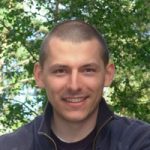
Dr. Andrea Padovani, Ph.D. (PI, COO). He founded MDLab s.r.l., together with Luca Larcher and Luca Vandelli. He is a full-time employee of the company where he covers the role of COO. He received the Ph.D. from the University of Ferrara, Ferrara, Italy, in 2009, with a thesis entitled “Modelling and Reliability of Innovative Flash Memories”. He has been a post-doc (2009-2010) and a fixed-term Assistant Professor (2011-2013) at the University of Modena and Reggio Emilia. His research activity focuses on the electrical characterization, physical modelling and reliability of solid-state non-volatile memory (NVM) devices and logic transistors. He authored and co-authored more than 115 technical papers published on international journals and presented at international conferences. He has more than 1030 citations and a h –index of 16. He is a member of the technical committees of the International Symposium on VLSI Technology, Systems and Applications (since 2012) and of the European Symposium on Reliability of Electron Devices, Failure Physics and Analysis, ESREF (since 2015). He also served as committee member of IEEE International Reliability Physics Symposium (2013-2015), and IEEE International Integrated Reliability Workshop (2012-2015). Now he is part of the Applied Materials (AMAT) Italia srl team.
| AMAT Team | |||
|
| ||
|
|
Prof. Pablo Ordejón, (PI). CSIC Professor, Director of ICN2 since 2012 and Leader of the “Theory and Simulation Group” at ICN2. He is author of around 200 publications in international peer-reviewed scientific journals (~24,500 citations, h-index = 54; source: Web of Science, June. 2018). Expert in electronic structure methods for the study of systems with large number of atoms, and one of the pioneers in the development and application of the so-called Order-N methods (which scale linearly with system size, thus allowing tackling systems with an unprecedented number of atoms). He has also pioneered the combination of Density Functional Theory and Non-Equilibrium Greens Functions methods for the simulation of electronic transport phenomena in nanoscale devices from first-principles. He is one of the three Founding Members of the team that develops the SIESTA code for atomistic materials simulations, used by thousands of researchers worldwide. In the last ten years, he has had an intense activity of service to the research community. He is co-founder of the company SIMUNE Atomistic Simulations, which provides materials simulation services to the industry. He was elected Member of the Academia Europaea in 2017.
| ICN2 Team | |||
|
| ||
|
| ||
|
| ||
|
| ||
|
|
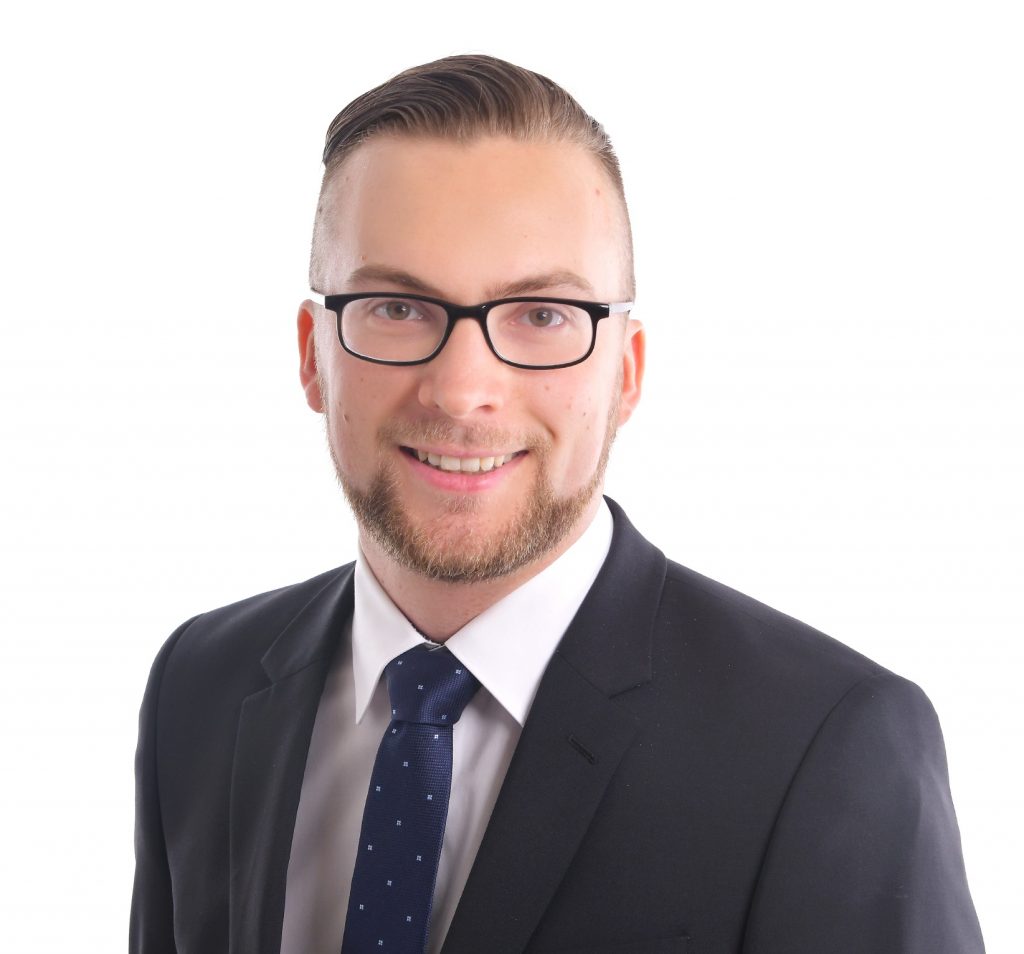
Matthias Büschelberger (MSc) graduated in applied natural sciences at the University of Freiburg (Germany) in 2020 and dedicates himself to ontology-related Python-development and automatized material modelling as a scientific assistent at Fraunhofer IWM (Germany) ever since. With a strong focus on enduser-applicable products, he conventionally engages himself for bilateral communication between the research fields of material science and computer science in order to amplify the multi-disciplinary practicality of a project’s outcome.
Being involved into further H2020-projects like FORCE (Grant No. 721027) and OntoTRANS (Grant No. 862136), he puts effort into the distribution and utilization of the EMMO (European Materials Modelling Ontology) in context of the SimPhoNy-project. The contributing group of material informatics from Fraunhofer IWM is a broadly experienced developer team which is investigating into open-source solutions in terms of software interoperability, simulation platforms, multi-scale modelling as well as cloud-based remote-applications.
| Fraunhofer IWM Team | ||
|
|
|
|
|
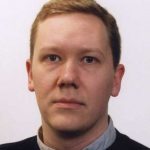
Dr. Ben Kaczer (PI) is a Principal Scientist at IMEC, Belgium. He received the M.S. degree in Physical Electronics from Charles University, Prague, Czech Republic, in 1992 and the M.S. and Ph.D. degrees in Physics from The Ohio State University, Columbus, OH, USA, in 1996 and 1998, respectively. In 1998 he joined the reliability group of IMEC, Leuven, Belgium, where his activities have included the research of the degradatio phenomena and reliability assessment of SiO2, SiON, high-k, and ferroelectric films, planar and multiple-gate FETs, circuits, and characterization of Ge/III-V
and MIM devices. He has co-authored more than 400 journal and conference papers and 3 patents (hindex of 52 on Google Scholar) and received 6 IRPS Best/Outstanding Paper, 2 IPFA Best Paper, and the 2011 EDS Paul Rappaport Awards. He has served at various functions at the IEDM, IRPS, SISC, INFOS, and WoDiM conferences. Since 2011 he is serving on the IEEE TED Board.
| IMEC Team |
|
|
|

Dr. Johannes Ocker (PI) received a diploma degree in applied natural sciences from Freiberg University of Technology in 2012. In 2013, he joined NaMLab gGmbH working on electrical characterization and modeling of SONOS charge trapping devices, High-k Metal Gate Transistor Reliability and Ferroelectric Field Effect Transistors. Since 2016 he joined FMC to develop ferroelectric memory technology in collaboration with industrial partners.
| FMC Team |
|
|
